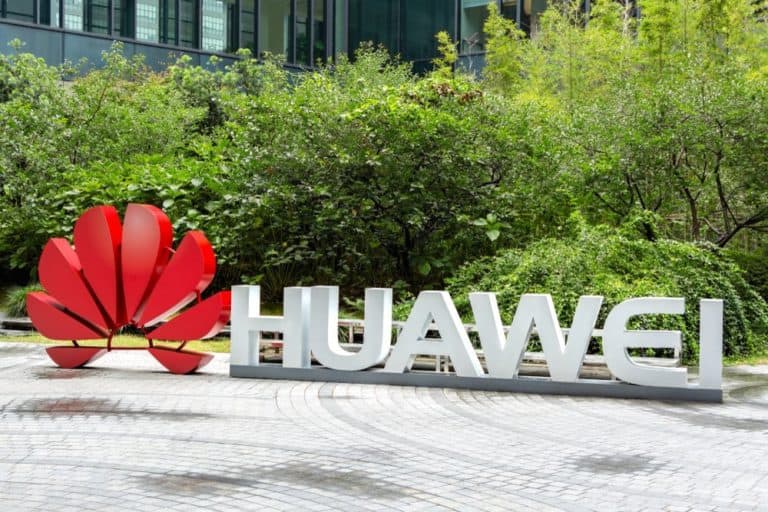The United States Federal Communications Commission (FCC) officially listed Chinese company Huawei as a “national security threat”. As a result, U.S. companies are no longer allowed to do business with the telecom company.
Huawei and ZTE (also Chinese) have been listed as national security threats by the FCC, but this doesn’t come as a complete surprise. At the end of last year, the FCC already implemented a rule whereby it would no longer be possible for telecom providers to claim funds if they had purchased products from a company that is seen as a threat.
The Universal Service Fund (USF) from the FCC spends over 8.5 billion dollars (7.6 billion euros) a year to subsidize telecom providers so they can provide adequate broadband to rural Americans that currently lack access. Providers regularly purchased products from Huawei, but since this rule, this is no longer possible.
The chairman of the FCC, Ajit Pai, stated that there is overwhelming evidence that Huawei and ZTE have close ties with both the Chinese government and army. This would have forced companies to cooperate with the Chinese intelligence services and therefore pose a threat to the national security of the U.S.
“We cannot and will not allow the Chinese Communist Party to exploit network vulnerabilities and threaten our critical communications infrastructure,” the FCC said.
Ongoing American struggle with Huawei
Listing Huawei and ZTE as national security threats is certainly not the first action taken by the United States against Chinese companies. Last year, American companies were already prohibited from exchanging technology with Huawei and ZTE (unless a special license was obtained), but earlier this year the FCC implemented an additional rule regarding the spending of subsidies on material from both companies. A fund of a billion dollars was set up to help smaller American providers remove their Huawei material from their networks.
